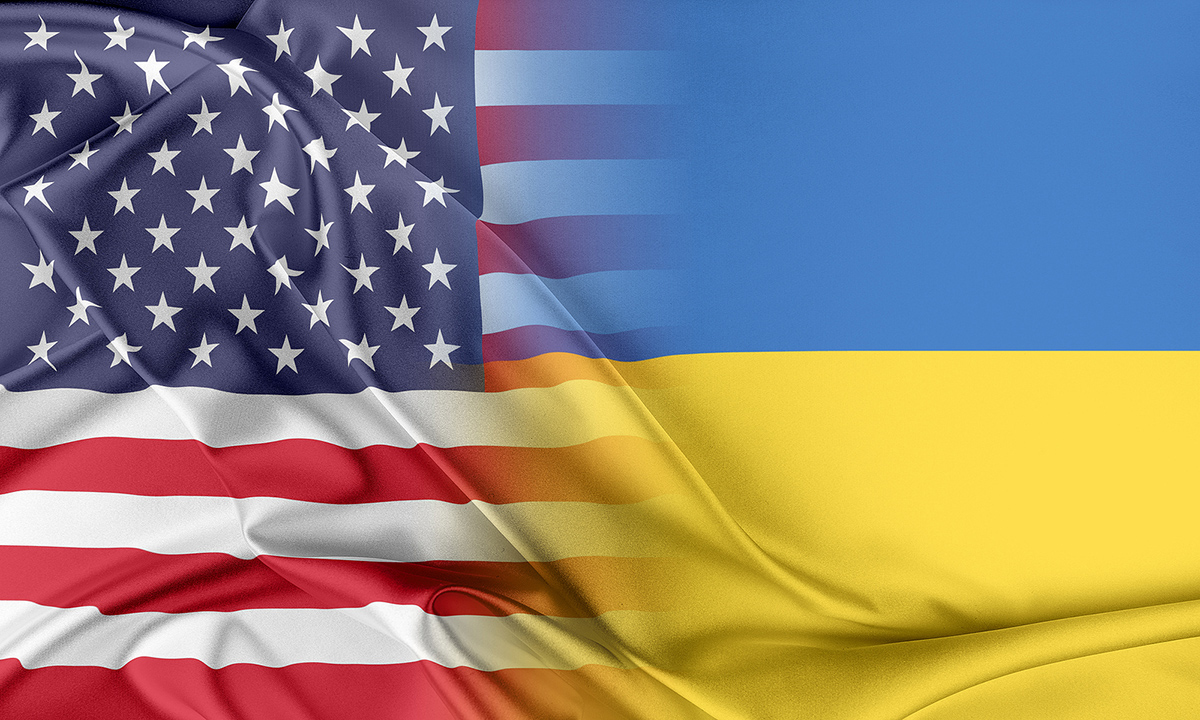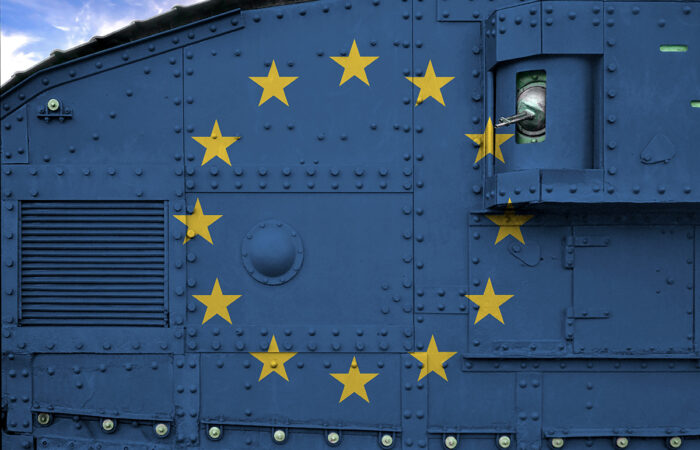Ioannis Tirkides*
“There are decades where nothing happens; and there are weeks where decades happen.” This quote often attributed to Lenin, may capture the moment. It is now a little more than four weeks since inauguration and President Tramp is reshaping US policy, internal and external, in profound ways. The entire European system is now challenged. The security foundation that guaranteed peace in western Europe for eighty years after the end of the second world war, and made European integration possible, is now transforming fundamentally. In a previous recent article, we described Trump’s election as a realigning historical moment. These past few weeks have only reinforced that view. Regardless of what people think about Trump, there is no denying that he is as much disruptive as he is transformative. He came back to office with a clear agenda that he had articulated for years, and he is executing it exactly as he laid it out. His vision of the world and America’s role in it differs fundamentally from that of the Biden Administration and current European Union leadership. His re-election may prove one of the most significant events in recent history. We discuss war and peace in a Trump world, and Europe’s hard predicaments.
The shock
Trump’s February 12 conversation with Putin marked a decisive shift. On the same day, Defense Secretary Pete Hegseth’s remarks at the Ukraine Defense Contact Group in Brussels, fundamentally altered the parameters of both the Ukraine conflict and the transatlantic relationship. Six days later, negotiating teams from Russia and the United States, headed by their respective foreign ministers, were in talks in Riyadh. In between, Vice President Vance lectured Europeans at the Munich Security Conference on democracy and free speech, to great offense. And even prior, Secretary of State Marco Rubio broke with the liberal world order, acknowledging the world as de facto multipolar.
But the real shock came from Defense Secretary Pete Hegseth. There will be no NATO membership for Ukraine and no return to Ukraine’s pre-2014 borders. Furthermore, any security guarantees to Ukraine as part of a settlement will not include the United States, nor will they be part of a NATO mission or covered under Article 5. And so, there can be no security guarantees from the Europeans because without the United States and NATO, they would be meaningless.
Hegseth made it clear that the United States is pivoting to Asia and separating from Europe. “We face a peer competitor in Communist China with the capability and intent to threaten our homeland and core national interests in the Indo-Pacific. The US is prioritizing deterring war with China in the Pacific, recognizing the reality of scarcity, and making the resourcing trade-offs to ensure deterrence does not fail.” As for Europe, the United States, “will no longer tolerate an imbalanced relationship which encourages dependency. Rather, our relationship will prioritize empowering Europe to own responsibility for its own security.” American troops in Europe are not forever. These pronouncements were truly astonishing for European governments, who had been totally aligned with the Biden administration in the prior four years.
A bold multipolar world
Thus, a remarkable change is taking place in American foreign policy. Secretary of State Marco Rubio declared distinctly in a recent interview, that multipolarity in global affairs is the norm, not the exception. The unipolar moment following the Soviet Union’s collapse was an anomaly that couldn’t last, he said. The United States and China are now peer competitors. This marks a complete break from the rhetoric of the Biden years, that framed competition with China as an ideological struggle between authoritarianism and democracy.
Multipolarity to Rubio means, in his own words: “The Chinese will do what’s in the best interests of China… and the United States needs to do what’s in the best interest of the United States.” It’s about “America First” without ideological scruples. America will no longer uphold a US-led liberal world order. Yet an interests-based foreign policy in a multipolar world isn’t less hawkish than an ideological strategy. As Rubio stated, “China wants to be the most powerful country in the world, and they want to do so at our expense, and that’s not in our national interest, and we’re going to address it.” This radical reorientation of US foreign policy suggests rising regional tensions and potentially reshaping international alliances and economic partnerships.
Overtures to Russia
The Ukraine war is NATO’s proxy war, and it may have been lost already or will be lost the moment United States support ends. According to Trump it should never have happened. Even so, Putin will not have won outright, as Ukrainians will continue to resist, and Russia’s reorientation eastward centers on a close but asymmetrical relationship with China, which may be causing some unease in the Kremlin. However, expecting Russia to return fully to its western orientation from before the war would be unrealistic. But a deal with the United States of some form, and normalization of relations, can still be made, which is what Trump may be looking at.
It is perhaps an irony of history and testament to the hubris of war that what was a fundamental premise of American foreign policy since Nixon’s opening to China – preventing a Russia-China alliance – was achieved by the Ukraine war. From Trump’s perspective, this was a fundamental mistake. The Riyadh talks ended positively, suggesting discussions were more about normalizing US-Russia relations than about Ukraine. Trump seeks a wider deal, open to Russia’s return to the G8 and he is discussing nuclear disarmament and even military spending cuts. This aligns with a multipolar world logic, where security derives more from mitigating competition and mutual disarmament than from arms races.
Europe’s weakness
Europe faces severe challenges requiring policy and institutional architecture changes. Europe is highly dependent on trade surpluses with the United States, on American technology, and on American security guarantees, both implicit and explicit. Despite years of rhetoric over strategic autonomy, ground realities haven’t changed. Even after the Ukraine war began, European defense spending hasn’t significantly increased.
NATO’s role and American guarantees in European security remain crucial. Still, an integrated European defense system becomes inconceivable without the United States. The idea of a common defense budget substituting national defense spending isn’t currently viable. Europe never had collective defense outside NATO. Meanwhile, larger countries like France, Italy, and Spain face tight budget constraints. Their high debt levels make substantial increases in defense spending through taxation or budget reallocation unlikely.
Conclusion
From the above, Trump’s re-election represents a historically significant event marking a pivotal point in the international system. He explicitly intends to redesign not only US government and institutions but also America’s global relationships. In this sense, he is truly transformative.
Collective European defense like European sovereignty, doesn’t really exist. We like to think of the European project as a project of peace. But it is not shared prosperity that brought peace to Europe. It is NATO that brought peace to Europe and underpinned the construction of the European Union. NATO was formed in 1949 and preceded both the European Coal and Steel Community in 1951 and the European Economic Community in 1957. Without a security structure the European Union will face serious challenges and existential threats. In this context, the US-Europe relationship will be tested and reshaped.
*Ioannis Tirkides is the Economics Research Manager at Bank of Cyprus and President of the Cyprus Economic Society. Views expressed are personal.




